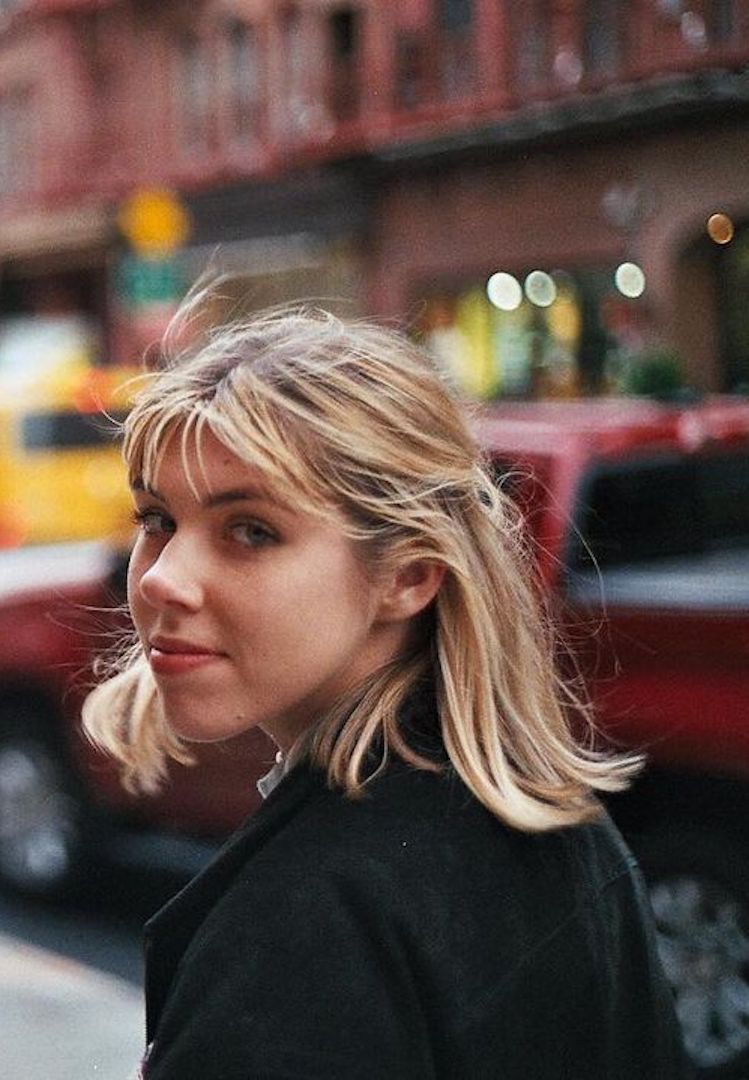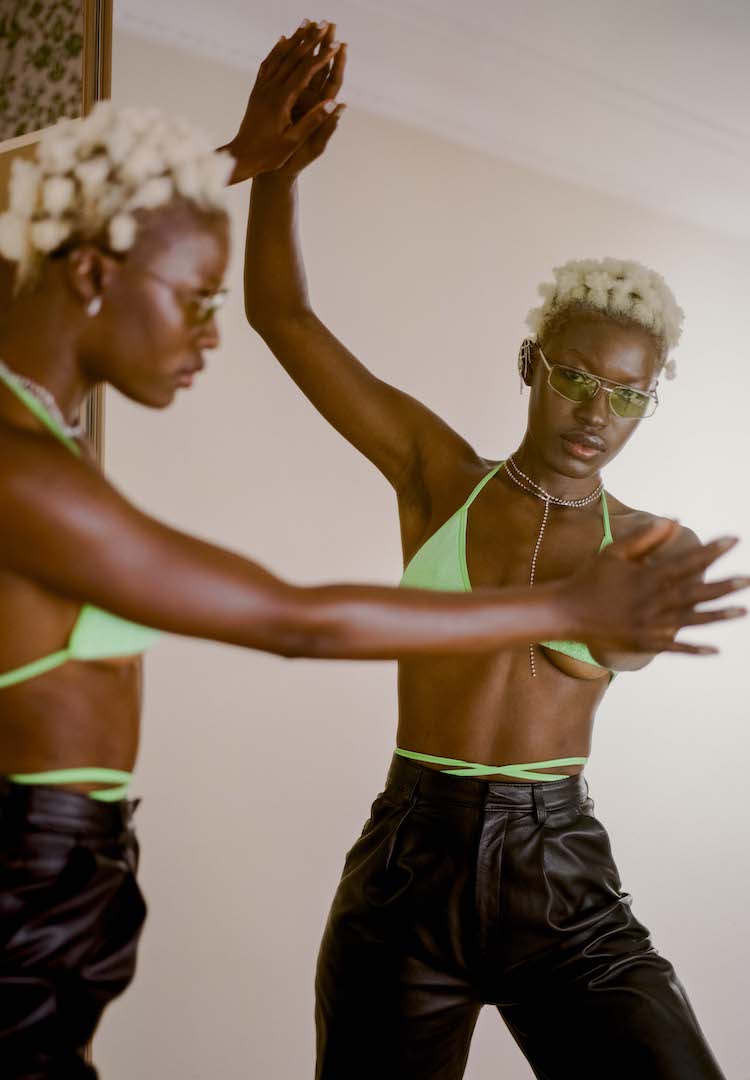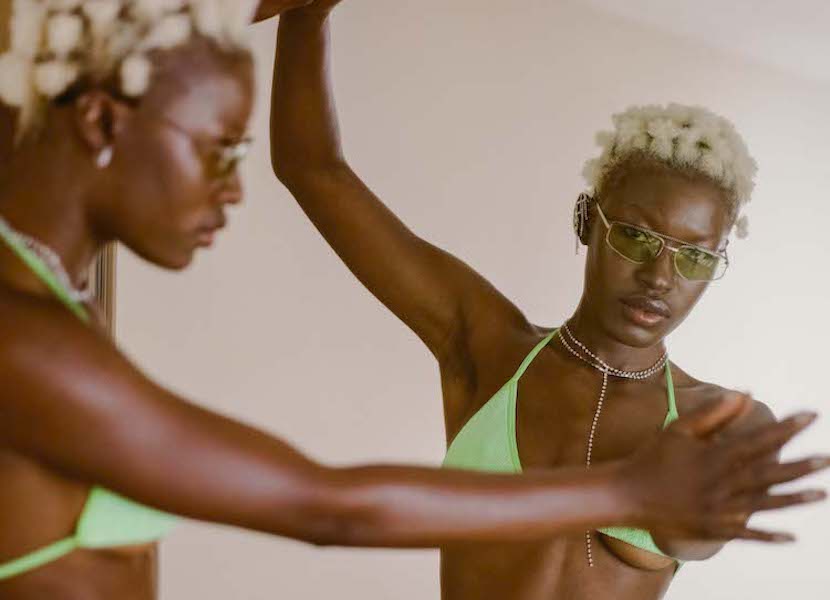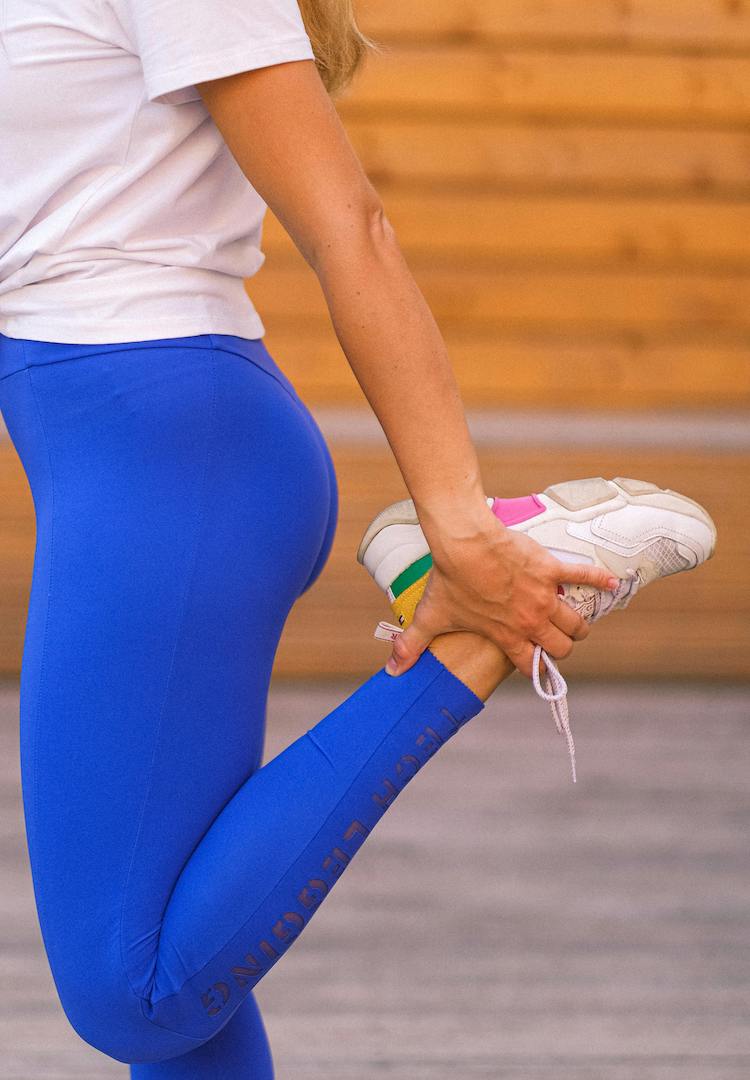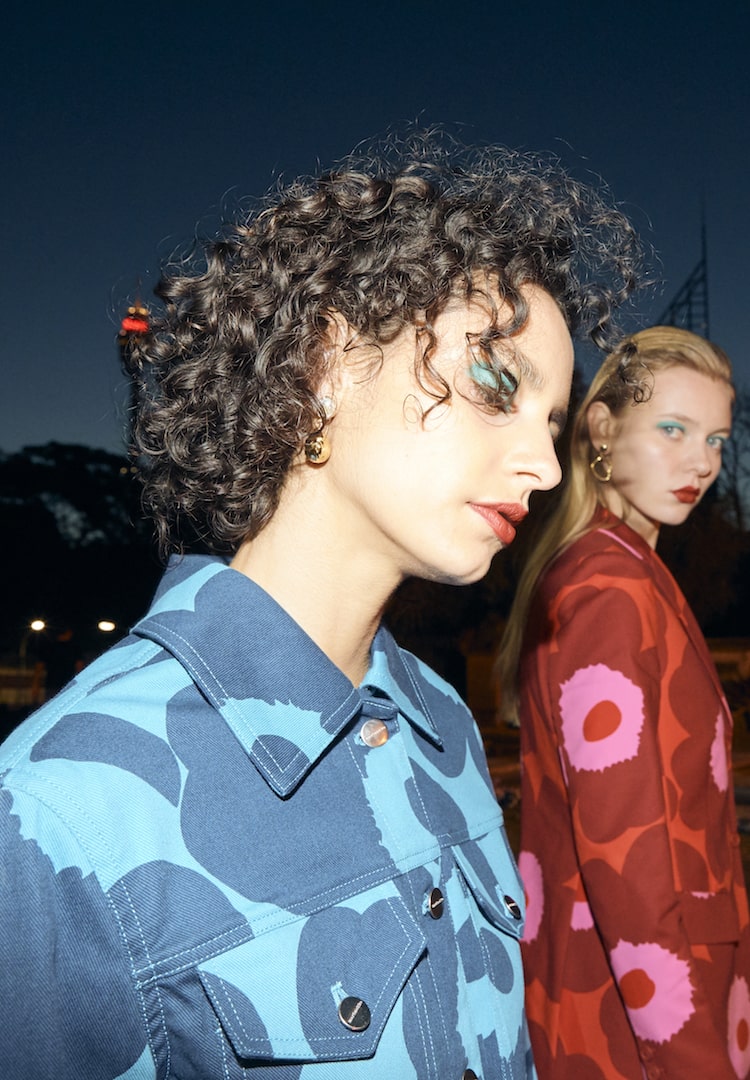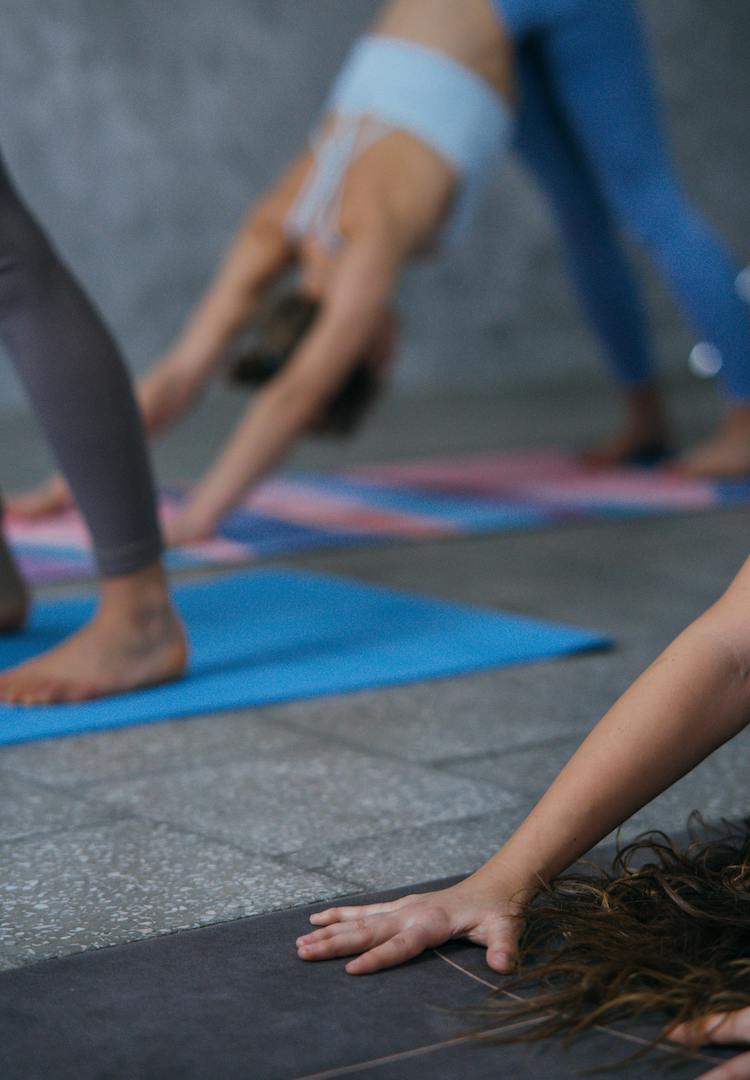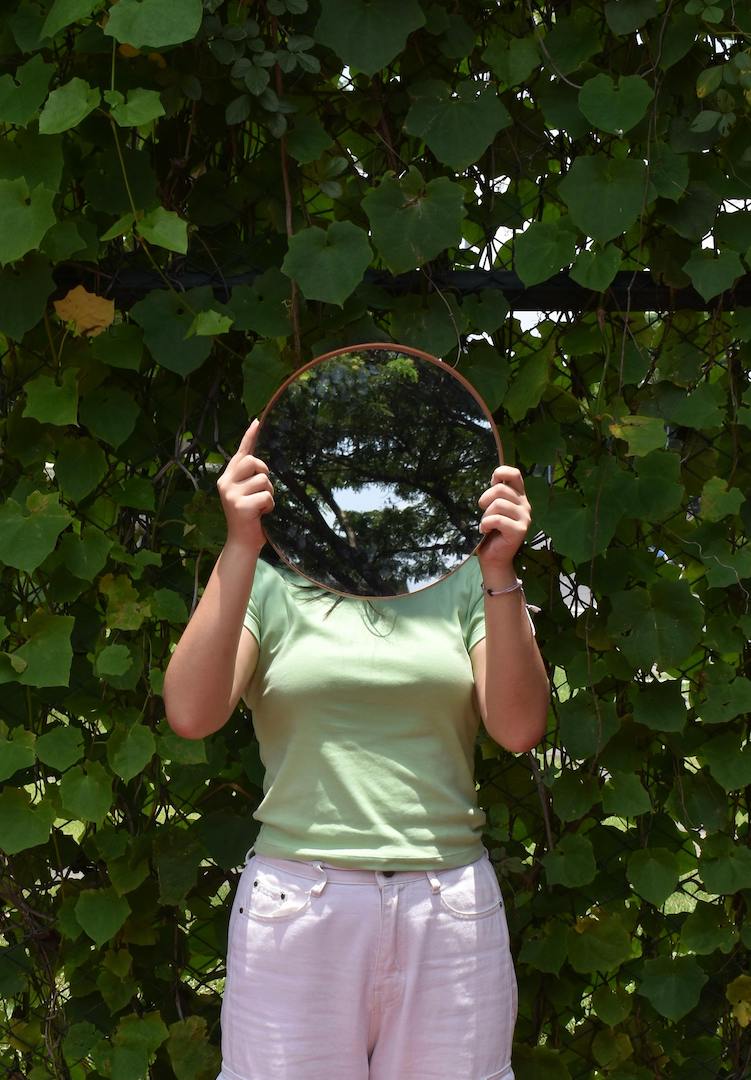Why I don’t keep a mirror in my bedroom anymore
PHOTOGRAPHY BY NATASHA KILLEEN
WORDS BY Jasmine Alavuk
Mirror, mirror not on my wall.
Behold, my insecurities in real time: me in front of a mirror in my bedroom, wondering why, even after looking and looking and looking, I still don’t see anything I like.
If I could press zoom on the reflective glass, I’d magnify the bad side of my face where there is a surplus of blackheads, and where my nose looks too big for my head. I’d press zoom on the belly that won’t flatten, or the soft jelly on the backside of my upper arms, or the in-grown hairs on my knees, or the cellulite that appears to be… everywhere.
For more personal essays, tap through to our Life column.
I wish I could be the kind of person to shrug, say that’ll do, and walk away. But I stare, glaring at the proof that I’m unloveable or unworthy, until I exhaust the hatred of one part of my body, and move onto the next. This is why I don’t keep a mirror in my bedroom anymore.
I’m apprehensive to reveal this, even to the closest of sisters, but I have Body Dysmorphic Disorder (BDD), a chronic insistence that my body is not good enough, no matter what I do. It’s more than a simple worry that comes and goes with a short glance at my reflection. It’s spending over an hour squeezing unbloomed blemishes, and constant body checks in shop-front glass as I walk through Emporium (I’ve convinced myself that passers-by think I’m just looking at the clothes, not the thickness of my thighs in stretch denim – they’ll never know).
Who is affected by Body Dysmorphic Disorder?
In Australia, Body Dysmorphic Disorder affects up to 2 per cent of the population. According to research at Swinburne University, “BDD onset tends to occur in late adolescence, a time of significant physical and emotional change.” I’d wager that the rise of social media also plays a role.
In early April, an image of Khloe Kardashian, deemed by herself as unflattering, circulated Instagram in viral haste before her lawyers managed to almost completely delete it from the world’s gaze. In a statement made by Khloe, she rationalised the takedown by citing pressure from society, who nitpick her appearance until she believes their condemnation. “You never quite get used to being judged and pulled apart and told how unattractive one is,” she told her followers on the Instagram post. “But I will say, if you hear anything enough, you start to believe it… I am not beautiful enough just being me.”
Beauty standards, as we are all painfully aware, set the bar for our external fixation. I remember picking up magazines while I waited in the trolley queue at Coles as a teenager, flicking through pages and pages of waif-like celebrities and thinking that Eurocentric features and a slender physique would manifest true happiness. But even hotties like Khloe Kardashian doubt themselves because these standards, set by the media and ourselves, are unachievable.
What do mirrors have to do with it anyway?
If you look at a mirror in the dead of night and say “you are ugly, you are unloveable, you are unworthy” three times, you might just start to believe it. For someone with BDD, mirrors are a source of great distress because they’re hard to look away from. You see yourself and imagine how others see you.
But I refuse to do that anymore. I am sick of revolting at the sight of “imperfections”, and obsessing until I cry with defeat. I am not my surface. I am not my belly, my body, my cellulite, or the hateful thoughts I spin in my mind about how it all looks. I’ve spent so long picking at the shape of my hips, or the proportions of my face, that I’ve forgotten to look into my eyes. I am not just pieces of a person. I am a whole being, who is thoughtful, loving and worthy.
Does taking the mirror out of the equation make a difference?
Yep. I’m not perfect, but by moving the mirror into the hallway, I’ve saved a lot of time and energy staring into the void. Mirrors are my trigger for zooming in on the things that make me human. I try to remind myself of that every time the glass reflects something I don’t like. So now, I keep my mirror in the hallway, where I check that my outfit matches how stunning I feel inside. Because the mirror does not reveal my innermost beauty, and that’s where I’m worthy.
If you’re struggling with body image issues, you can call the Butterfly National Helpline at 1800 33 4673 for free and confidential support, or email or chat to them online here.

